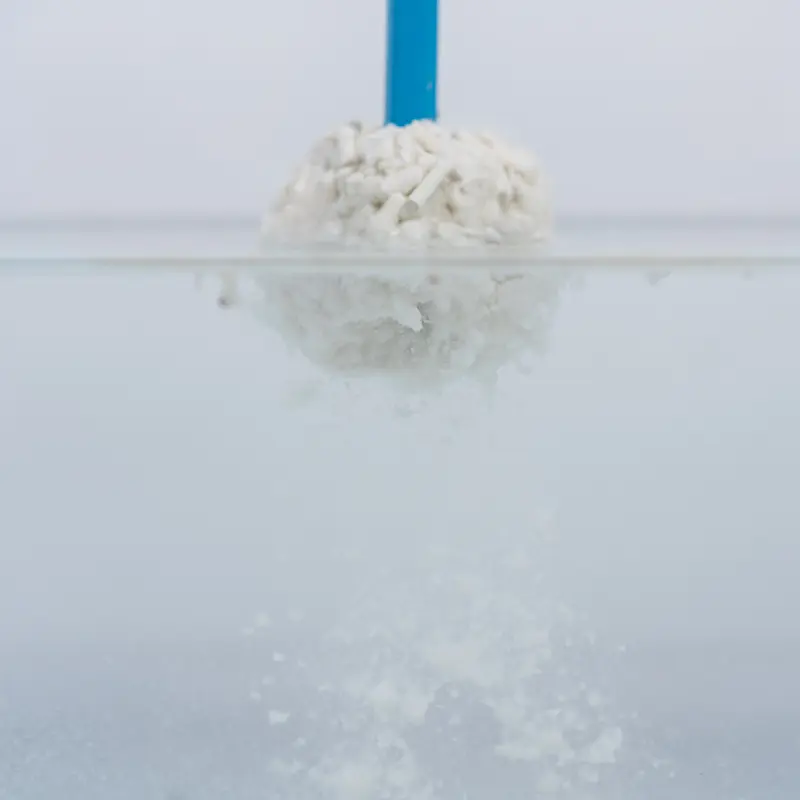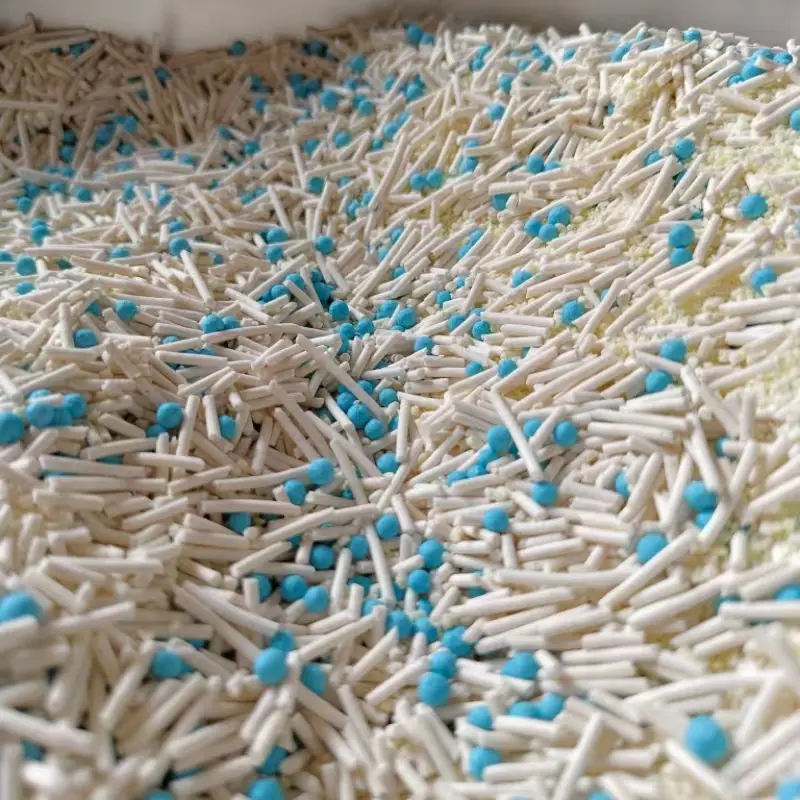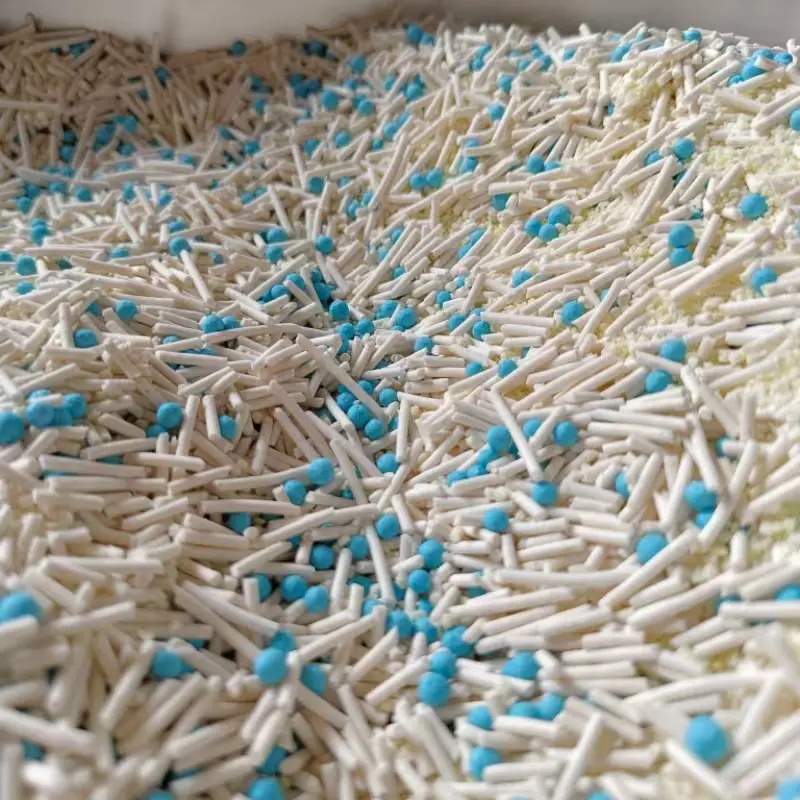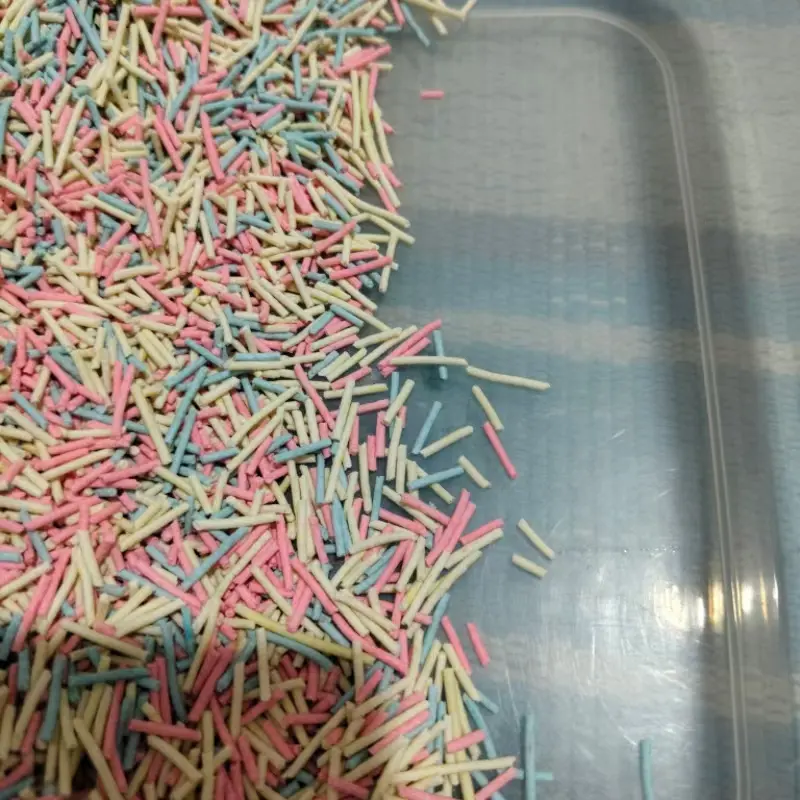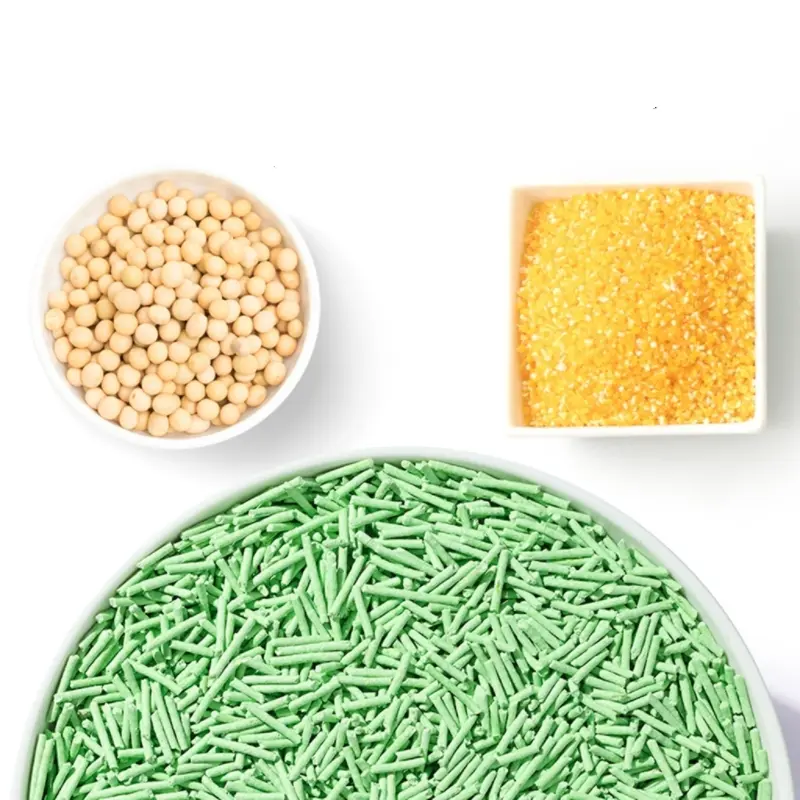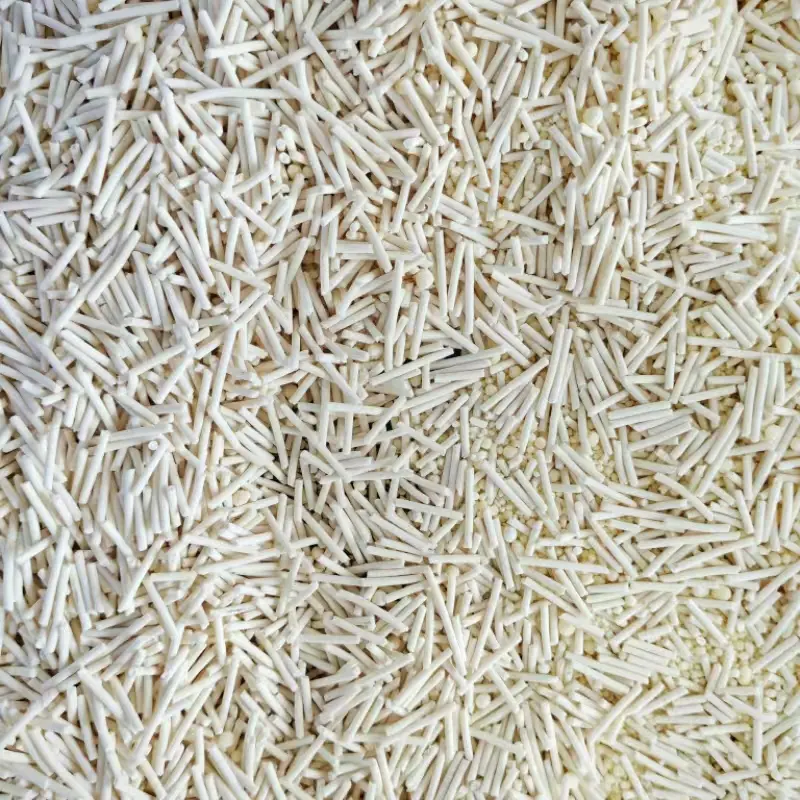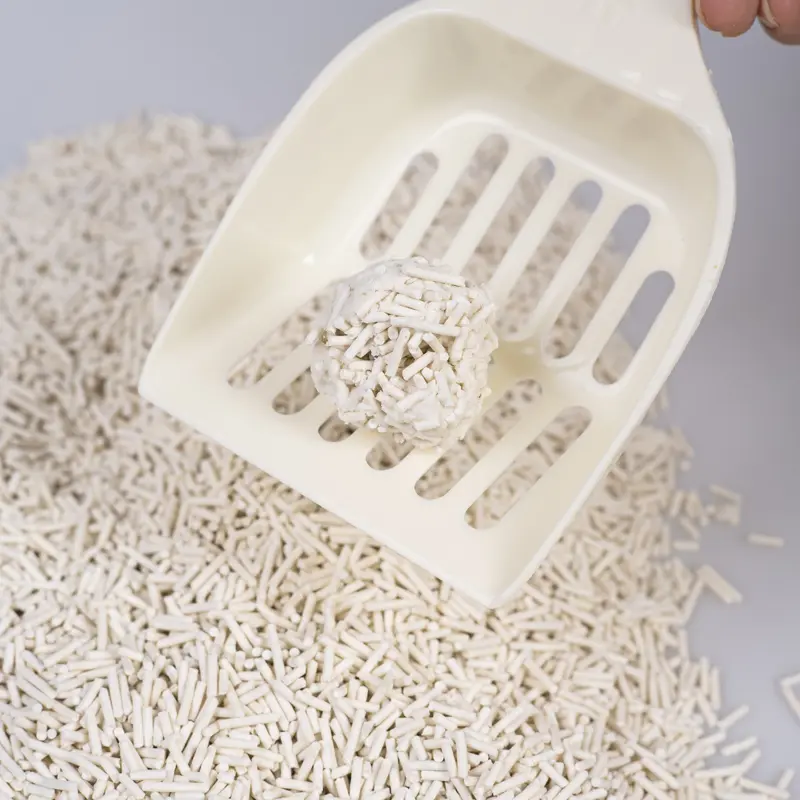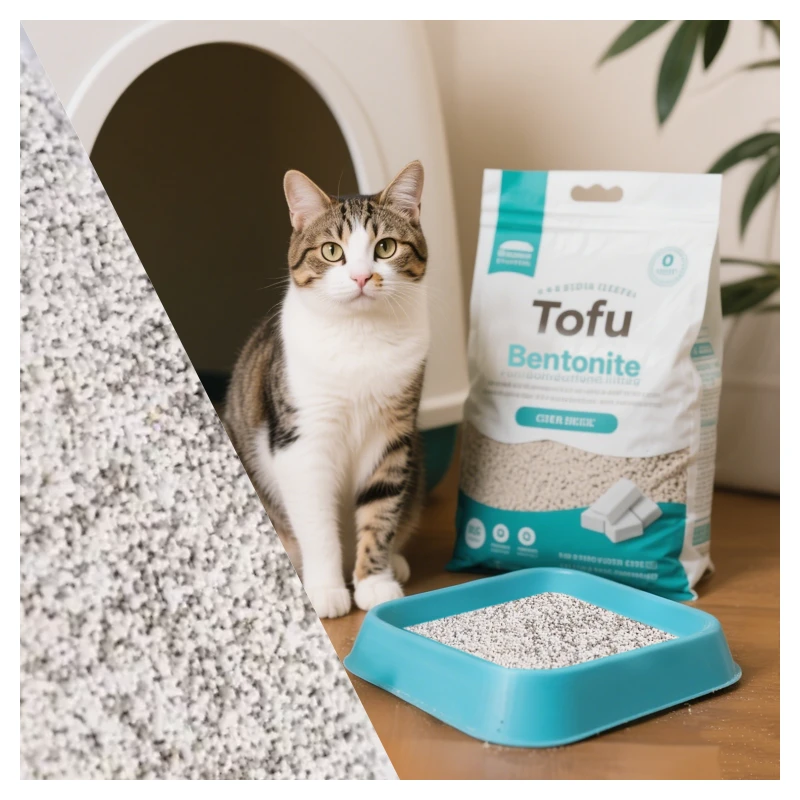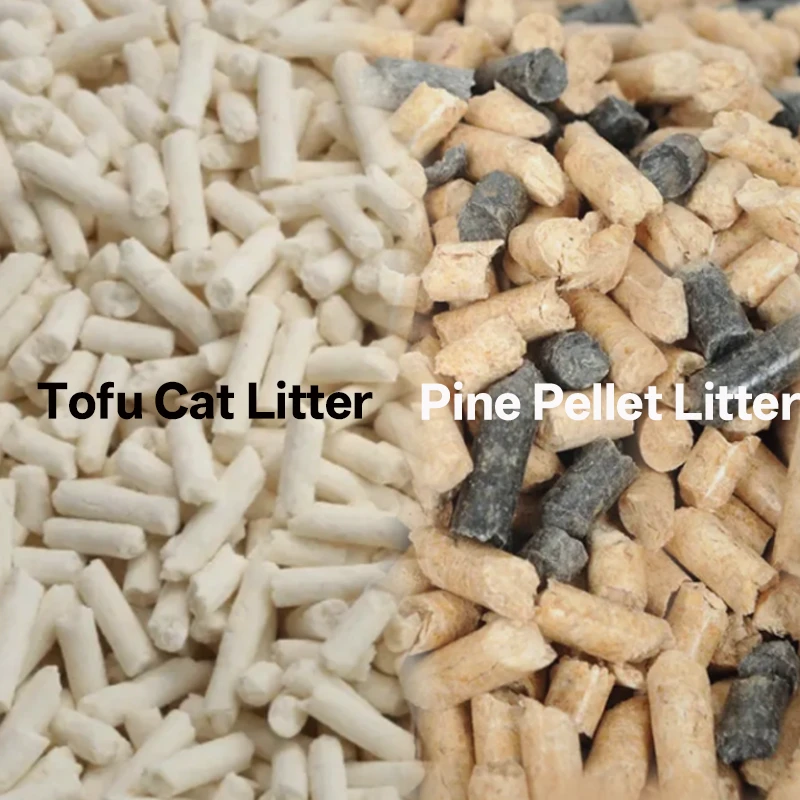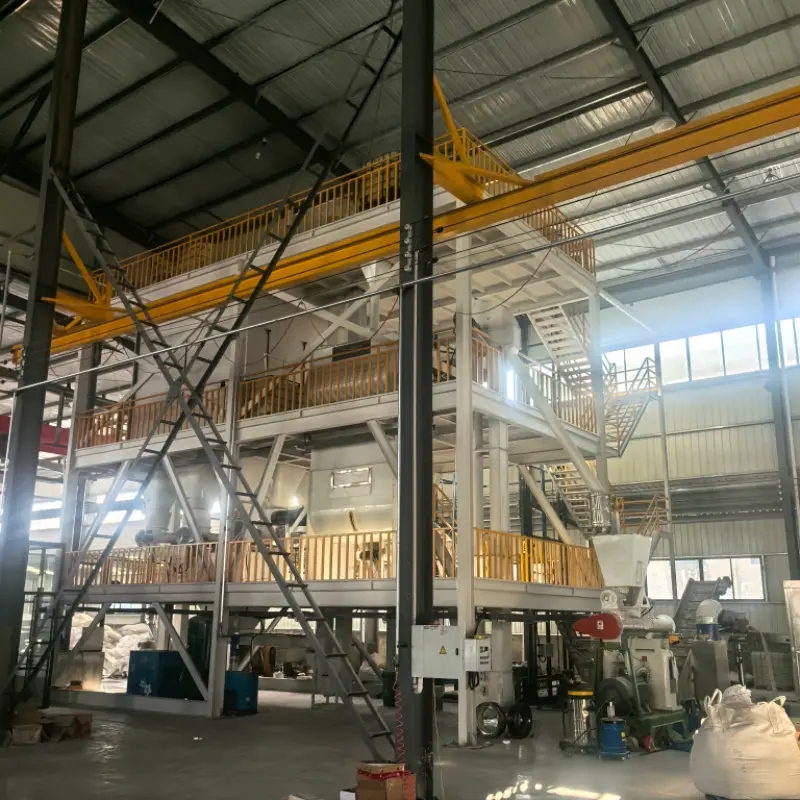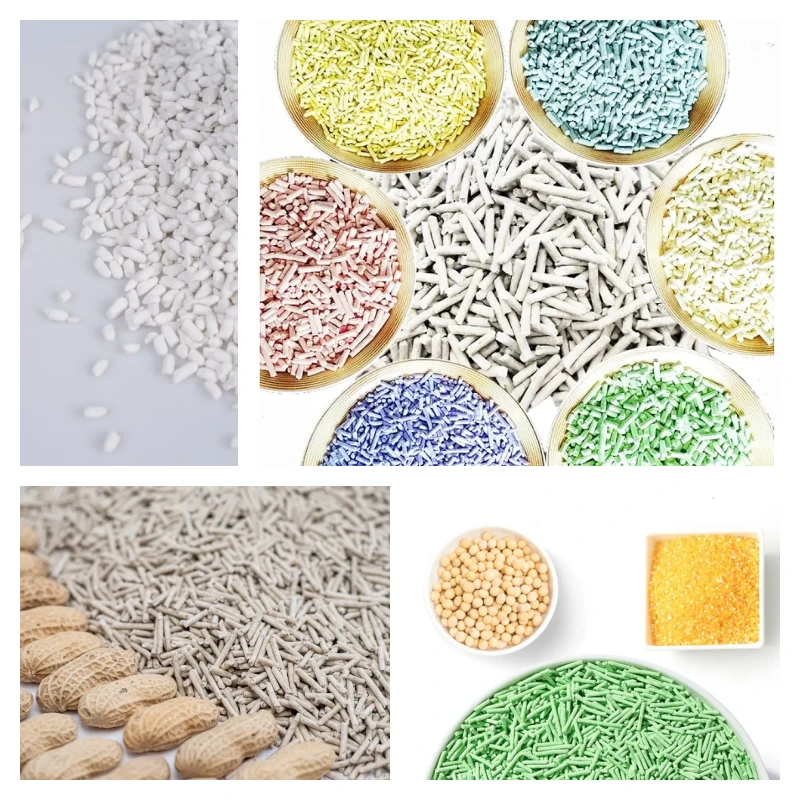Cat litter is generally safe for kittens, but there are important considerations to ensure their safety and well-being:
Choose the Right Type: Opt for non-clumping, unscented, dust-free litter specifically designed for kittens. Clumping litter can pose a risk to kittens if ingested, as it may expand inside their tiny digestive systems.
Monitor Usage: Keep a close eye on your kitten's litter box habits. Some kittens might ingest litter accidentally while exploring or grooming. If you notice unusual behaviors or digestive issues, consult a veterinarian.
Avoid Toxic Materials: Certain types of litter made from materials like clay, silica gel, or scented additives might contain chemicals that can be harmful if ingested or inhaled by kittens. Look for natural, biodegradable alternatives.
Maintain Cleanliness: Clean the litter box regularly to prevent bacterial growth and maintain hygiene. Kittens are more susceptible to infections and diseases, so a clean litter box is crucial for their health.
Gradual Introduction: When introducing kittens to the litter box, let them explore the area first. Some kittens may need guidance or training to understand how to use the litter box effectively.
Consult a Veterinarian: If you have concerns about the type of litter to use or your kitten's reaction to it, seek advice from a veterinarian. They can offer guidance on safe litter choices and address any health issues.
Always prioritize your kitten's safety and comfort when selecting and using litter. Observing their behavior and ensuring a suitable, safe litter type can help prevent potential issues and promote a positive litter box experience for your kitten.
How to choose safe cat litter?
Choosing safe cat litter is crucial for a kittens' health. Here are some considerations and examples for selecting safe cat litter:
Non-toxic with No Chemical Additives: Choose non-toxic, unscented, and free from chemical additives cat litter. For example, corn-based litter, wheat-based litter, natural wood shavings litter typically contain no harmful chemicals.
Low Dust or Dust-Free: Opt for low-dust or dust-free litter to reduce the risk of your cat inhaling dust particles. For instance, some coarse-textured natural litters or low-dust wood shavings litter.
Non-clumping Cat Litter: Avoid clumping litter, especially for kittens or cats prone to ingesting litter. For example, corn-based or wood shavings litter is usually non-clumping.
Natural and Biodegradable Materials: Choose litter made from natural materials like corn, wheat, wood shavings, or paper pulp. These materials are often more environmentally friendly and cat-friendly.
Cat Preference-Compatible Litter: Different cats may prefer various litter types such as fine or coarse texture, specific colors, etc. Trying out different types helps find what your cat prefers.
Consult a Veterinarian: Seek advice from a veterinarian if you have concerns or specific situations. Vets can offer tailored recommendations based on a cat's health and individual preferences.
For example, if your cat is sensitive to dust, you might choose natural wood shavings or corn-based litter, which tend to produce less dust. Alternatively, if your cat prefers fine-grain litter, you might try wheat-based or fine-textured natural litter.
In summary, selecting safe cat litter based on a cat's health needs and preferences is essential. Observing your cat's response to the litter and regularly changing to clean litter is crucial to ensure your cat's safety and comfort.
When using cat litter, it's important to consider the following points:
Placement of the Litter Box: The litter box should be placed in an easily accessible and relatively quiet location for the kitten. It's advisable not to position it near food bowls or water sources to prevent kittens from accidentally stepping into or slipping in the litter box while searching for food or water.
Depth of the Cat Litter: The depth of the cat litter should be appropriate. Too shallow litter may make kittens uncomfortable, while too deep litter may confuse them and make them reluctant to use the litter box. Generally, a depth of approximately 3-4 inches (7.5-10 centimeters) is sufficient.
Type of Cat Litter: For kittens, fine-grain cat litter may be more suitable. Fine-grain litter is easier for kittens' paws and pads to scratch and dig into. Additionally, fine-grain litter is easier to clean, reducing the chance of bacterial growth.
In summary, kittens are most concerned about whether the cat litter is clean, comfortable, easy to use, and provides enough privacy. Therefore, when using cat litter, it's crucial to ensure the cleanliness of the litter box, choose an appropriate type of cat litter, and place it in a suitable location to help kittens establish good litter box habits.
If you are going to be in the cat litter business, try to choose cat litter that is safe for kittens. These safe cat litters have a bright market prospect.
For example: plant-based cat litter. Plant-based cat litter is cat litter made from natural plant raw materials and is usually environmentally friendly and biodegradable. These cat litters are made from a variety of plant materials and are safe for cats, and some are even edible. Of course, eat cat food instead of cat litter. Other examples include corn cat litter, wheat-based cat litter, beans, sawdust, paper pulp, etc.
This type of cat litter is generally considered more environmentally friendly and safer for kittens because they are made from renewable plant materials that can break down or degrade more easily after use. They can reduce dependence on limited resources and reduce negative impacts on the environment.
Plant-based litters also often have good absorbency and clumping abilities, which can help keep the litter box clean. In addition, some plant-based cat litters can also reduce dust production and help the respiratory systems of cats and family members.
